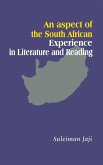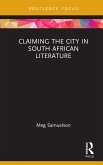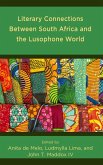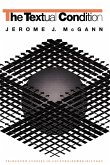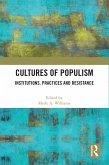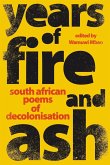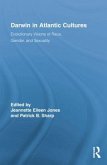'Nation' and 'literature' are always inherently unstable categories but, in the case of South Africa, this instability is particularly marked. This study considers the effects local and global networks had on the publication, promotion and reception of a series of key writers and their works between 1883 and 2005, asking: who published what, where, why, and how; how and why work was construed as 'South African', what this meant, and how it affected reading. Exploring new approaches to studying colonial and postcolonial print cultures, it seeks to redress inadequately historicised or transnationally situated studies of South African writing in English. In addition to making considerable contributions to the study of well-known writers like Olive Schreiner, Alan Paton, and Nobel Laureate J.M. Coetzee (chapters on the early publication history of Schreiner's The Story of an African Farm, Paton's globally influential Cry, the Beloved Country, and Coetzee's In the Heart of the Country, his second novel but the first to be published abroad), it also includes discussions of the contrasting reputations of poets Roy Campbell and William Plomer in the 1920s and 1930s, of exiled ANC-activist Alex La Guma's publishing odyssey (in Nigeria, East Germany and Britain); and Zakes Mda's novel about hybrid identities and identifications in colonial and in post-'apartheid' South Africa, The Heart of Redness (2000).
Hinweis: Dieser Artikel kann nur an eine deutsche Lieferadresse ausgeliefert werden.
Hinweis: Dieser Artikel kann nur an eine deutsche Lieferadresse ausgeliefert werden.


